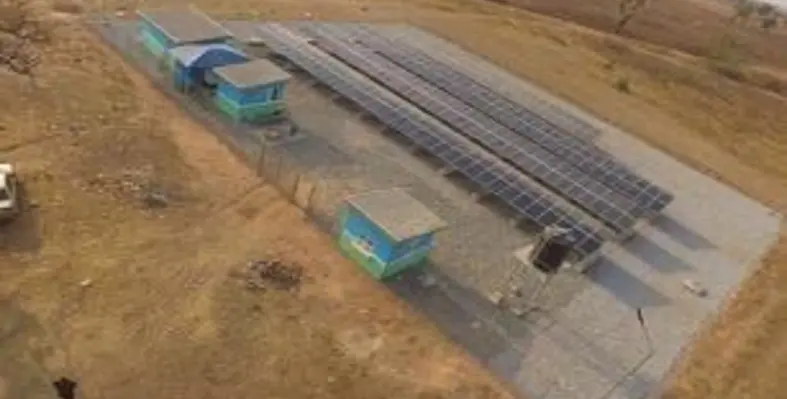ENGIE Energy Access, a provider of solar homes systems and mini-grid solutions, has launched a hybrid 90kW mini-grid to connect unelectrified households and small businesses in Nigeria
The mini-grid will connect people of the Gbangba community in Niger State to an electric power supply for the first time ever and empowers households and micro and small enterprises (MSEs) with affordable, reliable and clean electricity.
Speaking at the launch, Bankole Cardoso, managing director of ENGIE Energy Access Nigeria, said that Nigeria’s electricity challenge remains a huge gap that needs to be filled in the country’s journey to fulfill its full potential as a nation.
Cardoso said that the power challenge in Nigeria requires the support of the private sector, and the construction of the Gbangba mini-grid demonstrates how private investment can help to address the infrastructure gap in the energy industry.
“This mini-grid will foster socio-economic development and prosperity in the Gbangba community, its people and its neighbors. It will serve private households and commercial businesses – provision shops, grocery sellers, bakeries, mobile phone chargers etc. It will boost the productivity of farmers and food production by powering agricultural loads such as irrigation pumping and cold storage, productive loads such as grind mills and wood or metal working shops, and semi-industrials such as telecom towers and processing plants,” Cardaso remarked.
Gillian-Alexandre Huart, CEO of ENGIE Energy Access, said that this mini-grid is not only a win for Gbanga community but a win for Nigeria at large, as it demonstrates ENGIE Energy Access’s strong commitment to meeting the growing decentralised energy needs with an ambition to build 100+ mini-grids throughout the country.
“The launch of our first mini-grid in Nigeria means that we have now installed mini-grids in five African countries, with other ENGIE Energy Access mini-grid sites in Benin, Uganda, Tanzania and Zambia. Our plan is to further expand our mini-grid business on the continent over the coming months and years – adding other countries to our footprint," Huart commented.














